Meet the SDRC Executive Committee
Our SDRC Executive Committee advise the SDRC’s strategy. They also take an active role in the day-to-day work of the organisation. Each member of the Executive Committee are researchers and contain representation from different career stages, institutions and research discipline. All SDRC Themes are represented to include researchers that are working to prevent, delay or find treatments for the diseases that cause dementia and also researchers that can help those living with these conditions today.
Additionally, Executive Committee members represent the SDRC externally, and each member champions dementia and brain health research more widely at policy level, with funders and across institutions. They also look for opportunities to collaborate with other researchers from different disciplines and themes of dementia research in Scotland.
Find our more about each SDRC Executive Committee members below.
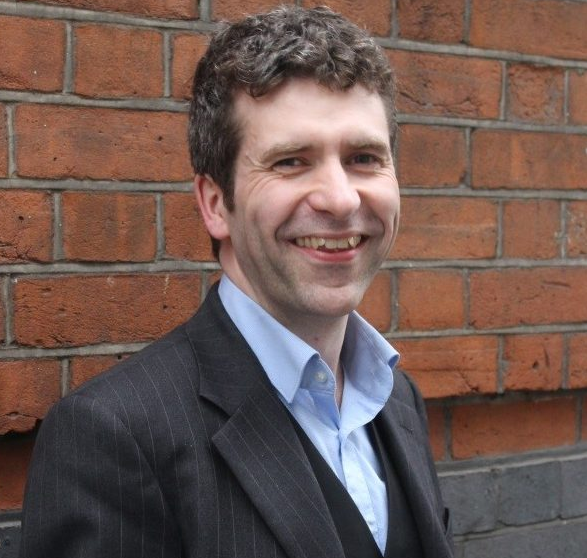
Professor Terry Quinn (Chair)
Terry holds the post of David Cargill Chair of Geriatric Medicine and Honorary Consultant Physician in Stroke and Geriatric Medicine.
Terry has a broad research portfolio, his principal research interests are around trial methodology, cognitive assessment and vascular cognitive impairment. Terry has published extensively on stroke, cognition and test accuracy with publications in NEJM, JAMA, Lancet and BMJ. He is Principal Investigator for various studies; chairs monitoring and trial steering committees for multicentre dementia trials and holds the inaugural CSO/Stroke Association priority program grant to research cognitive outcomes following stroke. Terry is passionate about evidence based practice and raising standards in clinical research.
Terry combines his research portfolio with active teaching and clinical commitments.

Dr Jennifer Macfarlane
Jen is a Clinical Scientist based at Ninewells Hospital, Dundee and Director of SINAPSE (Scottish Imaging Network: A Platform for Scientific Excellence) a research pooling group which brings together clinical and academic expertise in imaging research throughout Scotland, encouraging a multidisciplinary, collaborative and supportive approach to tackling Health and Wellbeing.
Her interests include functional neuroimaging and breast magnetic resonance imaging (MRI). I work with both academic and clinical partners to optimise the use of MRI in patient care and research and am involved in the introduction of Scotland’s first MR guided Focused Ultrasound service to treat people with refractory Essential Tremor.
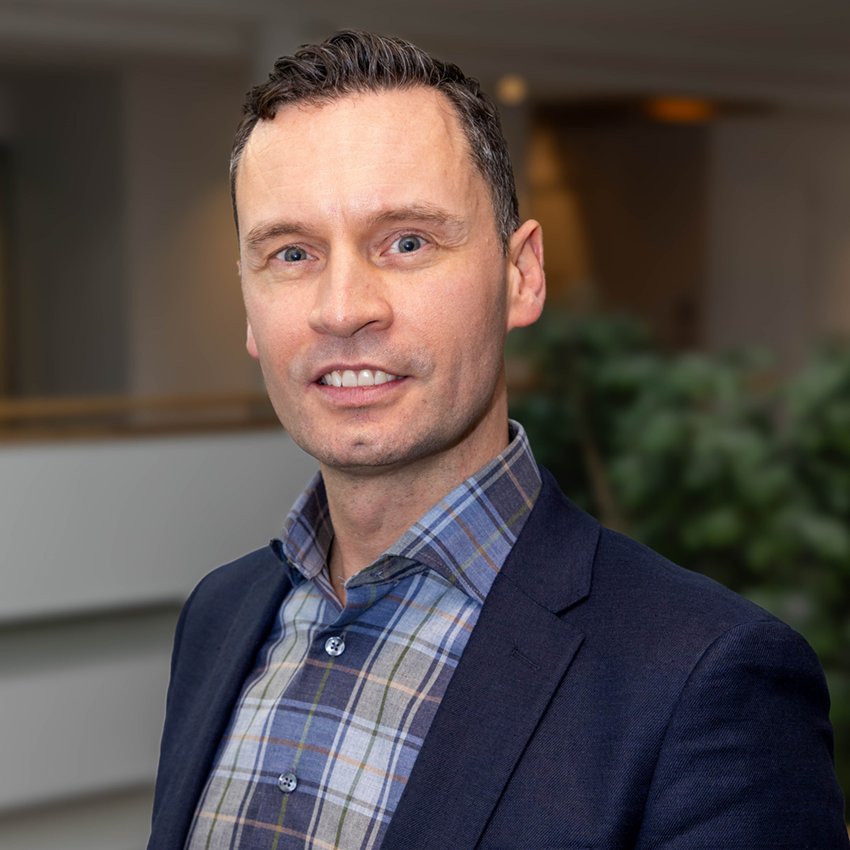
Professor Alan Gow
Alan is a Professor of Psychology at Heriot-Watt University, Edinburgh. He is interested in the lifestyle and behavioural factors that might protect or harm the ageing brain. His focus on modifiable factors, including activity participation and social networks, is because these provide targets for intervention.
In his Ageing Lab (https://healthyageing.hw.ac.uk/), the aim is to develop and test real-world interventions to promote or protect brain health, including opportunities for new learning in community-based settings, intergenerational engagement and volunteering. He also leads wattAGE, a research network focussed on healthy ageing within Heriot-Watt’s Global Research Institute in Health and Care Technologies. This brings together diverse expertise to consider the role technology can play in enabling health and wellbeing across the life course.
Ensuring research has impact is a priority, and he contributed to SAPEA’s “Transforming the Future of Ageing” report and the Global Council on Brain Health. Alan leads various outreach activities sharing what we think benefits brain health, ranging from talks with older people’s groups, performances at the Edinburgh Festival Fringe and media contributions.

Arlene Bunton
Arlene has worked across social care across the last 20 years ranging from supporting adults living with mental health conditions, adults with disabilities, those with addictions and those experiencing homelessness.
Arlene’s has completed a BA(Hons) in Health and Social Care, a Post Graduate Diploma in Dementia Studies (with distinction) and now into the research phase of a Doctorate in Applied Social Research, Dementia and Ageing pathway. Arlene’s research project will go live in 2025 with a focus on Exploring the Impact of Multiple Disparities on the Assessment of Need in Spousal Dyads (when seeking formal social care supports).
Most recently, Arlene was in care home management over Covid, and now is an Independent Sector Lead with Scottish Care. Further, she works with the Social Care Research Partner with Konpanion, from the National Robotarium in Edinburgh which works to introduce soft robotics into social care, for companionship, reduce loneliness and isolation and improve quality of life whilst providing a range of environmental data for current and future care planning purposes.

Professor Frank Gunn-Moore
Frank studied Biological Sciences at the University of Edinburgh, and then a PhD in Biochemistry at the University of Cambridge. After performing postdoctoral research at the Universities of Bristol and Edinburgh, Frank started his own group in St Andrews, which studied the development and survival of mammalian neurons. Frank’s approach to achieve this has been one of combining all three science disciplines, publishing in biological, chemical and physics-based journals.
Frank’s group have made major discoveries in understanding the early stages of Alzheimer’s disease, pioneering new models and identified potential therapeutic targets. In addition, they have developed novel optical technology that allows the manipulation and imaging of cells.
At St Andrews, Frank is the Head of the School of Biology. Externally, he is Deputy Director of the Scottish Universities Life Sciences Alliance and has sat on many different funding agencies.

Dr Chris Henstridge
Chris is a senior lecturer at the University of Dundee, and his lab is focused on understanding the processes driving synapse loss in neurodegenerative disease. He uses high-resolution imaging and proteomics techniques to characterise human post-mortem brain and spinal cord.
As a PDRA, Chris spent 4yrs at the Hungarian Academy of Sciences in Budapest, studying synaptic anatomy at the nanoscale, using electron microscopy and diverse molecular biology techniques. He then moved to Edinburgh and worked with Prof. Tara Spires-Jones for almost 5yrs, investigating synaptic pathology in Alzheimer’s and Motor Neuron Disease. In 2019, he moved to the University of Dundee to establish his own lab, and in 2023, was awarded a Dementia Research Leaders Fellowship from the Alzheimer’s Society and a Springboard Award from the Academy of Medical Sciences. He will use this support to establish new model systems with the hope of identifying novel synaptoprotective therapeutics.
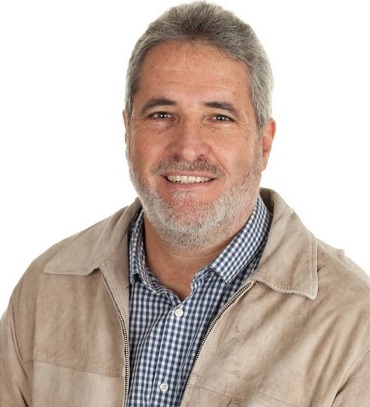
Dr Mario Parra Rodriguez
Mario graduated as a Medical Doctor in 1993 and as a Clinical Neurophysiologist in 1997. He worked at the Cuban Neuroscience Centre and at different University Hospitals in Cuba and in Colombia. During his clinical work Mario focused on neuropsychological and neurophysiological aspects of dementia syndromes and other neurological disorders. Mario taught neuroscience related subjects in the field of medicine and psychology. Mario’s motivation for teaching and research led him to a major career change into academia. This started with a PhD in 2005 at the University of Edinburgh and continued with three Postdoctoral Fellowships and a position as a Clinical Studies Officer within the NHS Scotland. Mario was as an Assistant Professor in Psychology at Heriot-Watt University, Edinburgh from 2015 until 2018. He is currently a Lecturer in Psychology at the University of Strathclyde, Glasgow.

Professor Louise Ritchie
Louise Ritchie is Professor and Director of the Alzheimer Scotland Centre for Policy and Practice at the University of the West of Scotland. She is a psychologist dedicated to understanding the experiences of people with dementia and conducting research aimed at improving the lives of those living with dementia, their families, and their caregivers. Her most impactful research projects focus on dementia and employment, and is the Principal Investigator for the Working with Dementia Network Plus, funded by the ESRC, NIHR and Alzheimer’s Society.
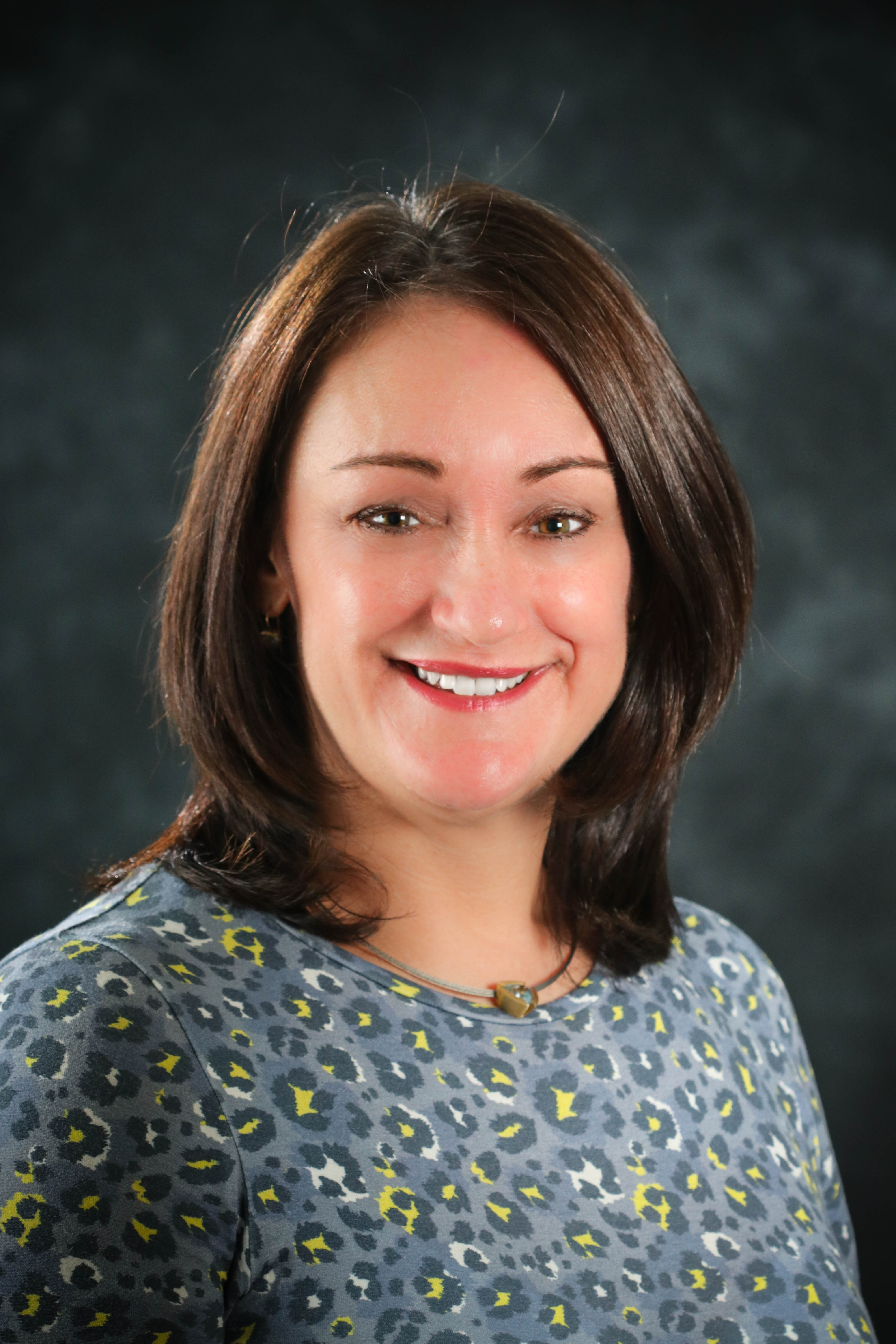
Helen Skinner
Helen has a clinical background in nursing, particularly in the field of neurology and dementia. Her professional career began at The Radcliffe Infirmary in Oxford and The National Hospital for Neurology and Neurosurgery in London. Working here provided her with a solid foundation in understanding the complexities of neurological disorders, especially the rarer forms of dementia.
In her current role as the Nurse Consultant for Dementia for NHS Fife Helen plays a crucial role in implementing Scotland’s National Dementia Strategy and Delivery Plan. This involves working across various patient settings to ensure the strategy’s effective implementation resulting in a positive impact on dementia care.
Helen is also a Practice Development Consultant for Brain Health Scotland and recently led the development of the first open access Brain Health Service and Brain Health Clinic in Scotland. She supported the development of the Recommendations for Clinical Practice for Brain Health Services and is currently working with the Brain Health Scotland team to develop brain health education programmes and wider learning opportunities.

Dr Stina Saunders
Stina is a Research Scientist at Linus Health, a US-based company focused on improving brain health through the early detection and monitoring of neurodegenerative disorders.
Stina also holds a Postdoctoral Research Fellow position at the University of Edinburgh. Stina’s educational background is in Clinical Brain Sciences (PhD) and Clinical Psychology (MSc and MSc by Research) and Psychology (BSc).
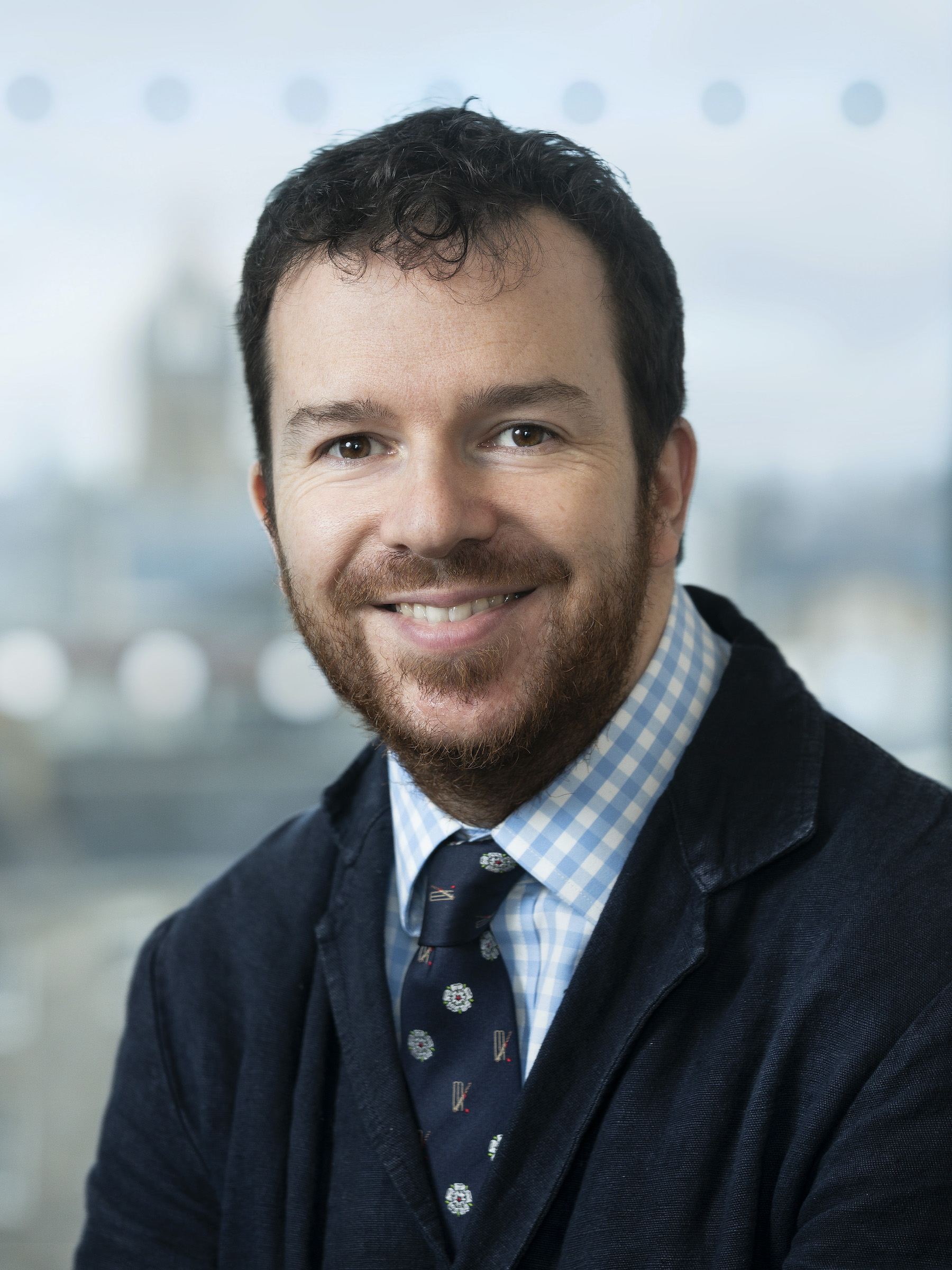
Dr Tom Russ
Tom trained in medicine and psychiatry in Edinburgh, the Highlands, and London and completed a PhD in dementia epidemiology at the University of Edinburgh. He is a consultant psychiatrist in NHS Lothian, Network Champion of the NRS Neuroprogressive and Dementia Network, and Director of the Alzheimer Scotland Dementia Research Centre at the University of Edinburgh.

Alison McKean
Alison is Executive Lead for Brain Health and Research at Alzheimer Scotland. Alison graduated in Occupational
Therapy in 2000 and worked across settings in dementia in the NHS before joining Alzheimer Scotland. Alison is passionate about ensuring the voice of lived experience is central to research activity.

Thea Laurie
Thea has been a supporter of Alzheimer Scotland since 2004 first as a fund raiser but was latterly a Trustee on the Board. She continues to be involved with NDCAN and has engaged in many campaigns from Fair Dementia Care to Women’s Brain Health. Due to her mother’s dementia never being properly diagnosed and her varied experiences as a carer, Thea has a keen interest in supporting people living with dementia and their carers. She recognises the importance of research in dementia and Brain Health as an important way to modify risks and reduce the incidence of dementia in Scotland.

Tommy McLean
Tommy joined the Scottish Dementia Working Group in 2023 after receiving a diagnosis of dementia in 2016. He describes being a member of SDWG as having opened a new world for him and finds his involvement within the campaign group to be empowering. Previously, Tommy had a successful career in the Financial Services sector until he transitioned into retirement. Within SDWG, amongst a range of campaign work, Tommy participates in various research projects, striving to ensure research is meaningful for people living with dementia.
Get the latest on SDRC Activity
Read our News and Blogs sections to find out about SDRC activity and what our Executive Committee have been up to lately.
Learn more about research in Scotland
Visit our Research page to learn more about the types of dementia and brain health research that are currently ongoing in Scotland. And find out how you can take part in research yourself.
How can I be a part of the SDRC?
The SDRC is the biggest network of dementia and brain health research in Scotland. We all work together to celebrate and grow the research community.
Membership is free and open to all.

